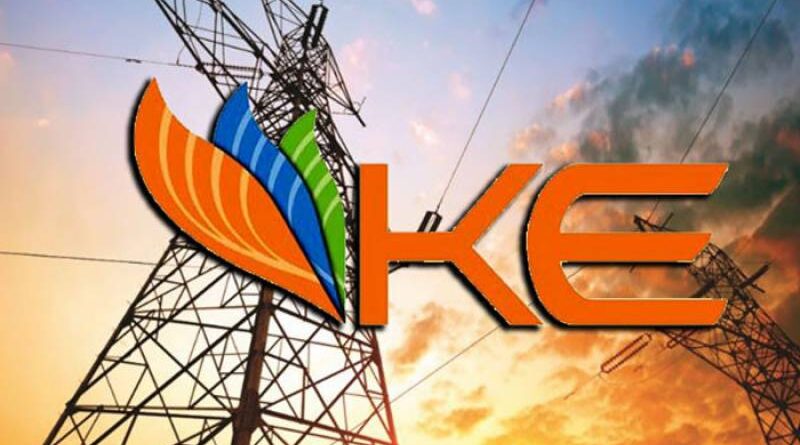Following a periodic assessment of the network, 71 percent of Karachi remains exempt from loadshedding under the schedule published by K-Electric (KE), effective immediately, a press release said.The schedule, which is publicly available on the company’s website and KE Live app, is based on a review of KE’s network of 2,000 feeders for electricity theft and non-payment of bills, which form the basis for loadshedding.
The last review was conducted in July 2023.Commenting on the review, Spokesperson KE stated, “Areas with reduced losses benefit from reductions or exemptions in loadshedding, and such areas comprise 71% of our network. The remainder is made up of areas where electricity theft and non-payment of bills impair our ability to provide uninterrupted power.”
To counter this, the KE spokesperson said the company was implementing stricter governance measures in line with the regulations outlined by NEPRA for the entire power sector.Furthermore, in line with the nationwide action against electricity theft, KE was also closely liaising with Government of Sindh and law enforcement agencies to ensure that electricity theft is penalized in accordance with the law.
Loadshedding duration has increased in some areas where electricity theft has risen or the propensity to pay has been negatively impacted owing to macroeconomic conditions and government-mandated increases in the price of electricity.Spokesperson clarified that these areas will be monitored closely until the next review, while emphasising that “free electricity” cannot be provided if bill payment is low or continues to decline.








